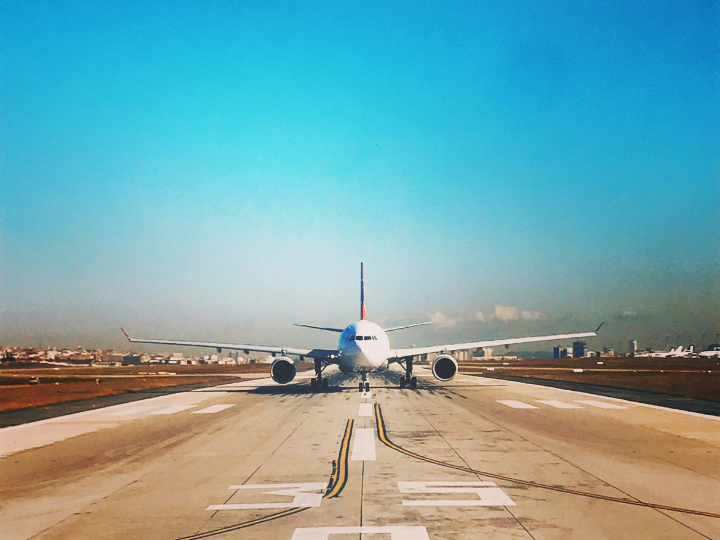To understand events in the international arena, it helps to distinguish whether our current period is essentially stable or in significant flux

A series of recent developments suggests that the domestic political situations of several key players in the international arena are undergoing significant shifts, as are relations between players. Everything seems to indicate that the world is in another period of historical transition.
In an article written a quarter of a century ago, during another time of rapid and relentless change, my co-author and I described the former type of period as a plateau phase, and the latter as one of historical transition.
A series of recent developments suggests that the domestic political situations of several key players in the international arena are undergoing significant shifts, as are relations between players. Everything seems to indicate that the world is in another period of historical transition.
A shortlist of the developments that point in this direction include: the breakdown of the political centre in several advanced democracies; centrifugal tendencies in the long-prevailing regional and international structures, of which the Brexit vote is one example; the accentuation of authoritarianism in Russia and China; and last, but certainly not least, the collapse of American moral leadership.
Against this backdrop, how might we expect strategic relations to evolve in the next 20 years? In the short to mid-term, the key issue is the relationship between those powers that have been largely responsible for creating the post-WWII order, and those that are challenging it, in an effort to erect a new paradigm calling that order into question. In which direction this relationship is moving should become clear within the next five to ten years, and perhaps much sooner. There are essentially three possible outcomes.
One is that the current Western-dominated paradigm manages to overcome its current weaknesses and disunity, creating space for and movement towards a renewed democratic revolution. In the process, it forges an environment in which the challenging powers can be successfully encouraged to integrate. Call this 'liberal internationalism renewed' - a revamped version of the paradigm that has prevailed since the end of the Second World War.
A second possible outcome has the challengers to the Western-led paradigm - primarily, but not exclusively, Russia and China - succeed in taking advantage of its contradictions, to more or less peacefully establish the basis for the multi-polar world for which they have long been militating. Call this '21st-century concert', after the 19th-century Concert of Nations.
A third possible outcome resembles the second, but with one crucial difference. The rise of the multi-polarists turns violent, characterized by spiraling patterns of conflict that encompass ever more regions of the world. The resulting situation is similar to the strategic free-for-all that prevailed as the Concert of Nations was weakened, and ultimately condemned, by inter-state conflict rising to critical levels. Call this 'geostrategic meltdown', a new period of global conflict.
As for the factors driving these developments, there are five key ones.
The first factor concerns the economic viability of the main protagonists - whether their economic model continues to engender sufficient wealth to maintain their programmes of hard and soft power.

The second factor is whether these states will succeed in reducing the inequality gap among their citizens. The existence of this gap spans international borders, but it is particularly significant in the main protagonist states shaping the emerging world order.
The third factor has to do with the competing countries’ governance capacity. Are the democratic states that have traditionally exercised governance leadership relinquishing this role? Will authoritarian states prove capable of fashioning a new paradigm, based on a political monopoly of the ruling group, but in such a way to lead society effectively, owing to their prowess in mastering cutting-edge technologies? Or will the world end up with a new kind of democratic paradigm, quite different from what we have known in recent decades, but sufficiently similar to be considered still in the democratic genre?
Next, there is the possibility of a military breakthrough - one that could convince the leadership of one or state or another that it was in a position to stave off other challengers and/or take significant risks in confronting the prevailing system. Think submarines in World War I and nuclear weapons in World War II.
Finally, the wild card factor is how key states in the international community will address the growing environmental challenges that every actor in the community faces. A less-than-rigorous response to the environmental realities of our time will increase the likelihood that a serious climatic contingency will intervene, relegating traditional strategic considerations to a position of lesser importance, or alternatively combining with them to create strategic complexities of a new order.
This is my conceptual framework for understanding the global big picture in the coming two decades.
*Senior Fellow, Geneva Centre for Democratic Control of Armed Forces




